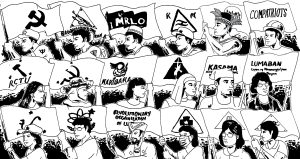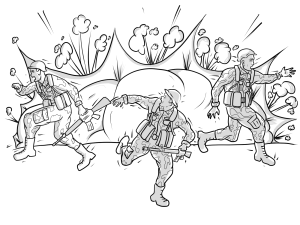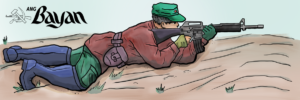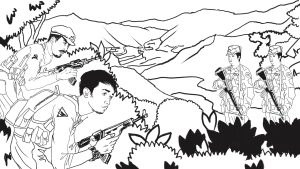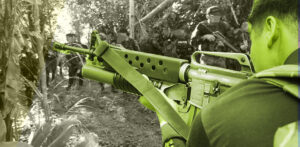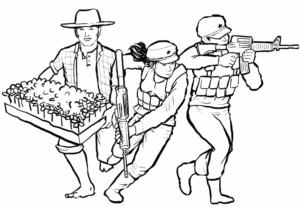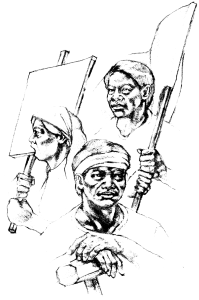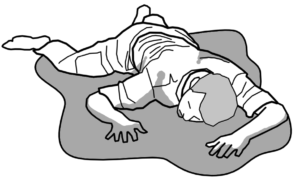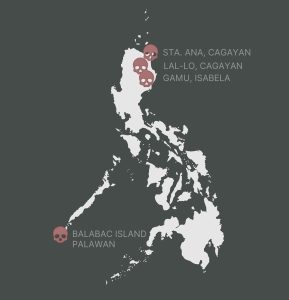Mining and foreign plantations plunder Surigao del Sur

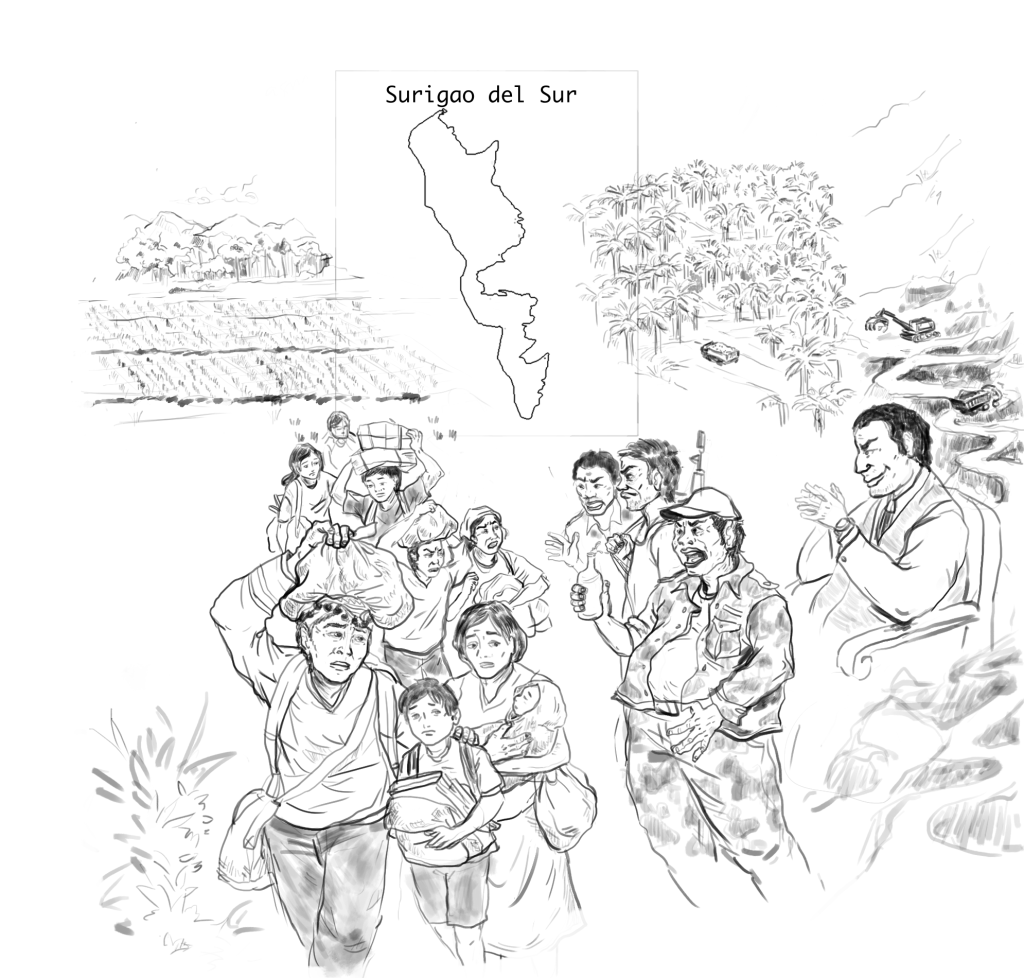
Peasants and Lumad people of Surigao del Sur see no benefit from the big agricultural machines and instruments “awarded” to them by the Department of Agriculture Caraga Region on March 30. For them, these are mere ornaments. They ask: in which farmlands will we use these when agricultural lands in the province are being grabbed by big plantations and mining operations?
Surigao del Sur has a total land area of 523,050 hectares wherein 214,032 hectares of this is supposedly designated as agricultural land. The province’s primary produce are palay, corn, coconuts, banana, manila hemp and other rootcrops such as cassava. But instead of developing agriculture, agricultural lands are surrendered to mining operations and explorations and expansion of foreign plantations.
Just this March, Surigao Greens Agri Corp, a subsidiary of A. Brown, bought a 70,000 square meter land in Barobo town for its oil palm plantation expansion. The company also bought an oil palm milling plant in the said area. A. Brown is known for dislocating and harassing Lumads and peasants, usually in connivance with the Armed Forces of the Philippines (AFP), similar to the evictions they carried out in Opol, Misamis Oriental.
In the whole CARAGA, the region that covers Surigao del Sur, an estimated 25,827.93 hectares of land comprise oil palm tree plantations. These plantations produce 150,000 metric tons of unrefined palm oil for export. These plantations are set to be expanded by 50,000 hectares up to 200,000 hectares in the whole region by the American company Eastern Petroleum Group of Companies.
Apart from this, banana plantations of the Japanese company Sumifru also hold the agricultural lands in Tagbina ang Barobo. There is also a wide banana plantation in Tago owned by the Falcon company. Produce from these plantations are for export.
Numerous mining companies also thrive in the province. Because of the province’s rich mineral resources, especially the Andap Valley Complex which has the largest carbon block reserve in the whole world, bureaucrats and their foreign company partners salivate over its resources.
These companies include Clarence T Pimentel Mining Corporation, Vicente T Pimentel, Marc Venture Mining Corporation, Carascal Nickel Corporation and many others. Abacus Mining Corporation, also planning to cover the towns of San Miguel, San Agustin, Marihatag, Cagwait, Tago and Lianga for carbon exploration, is among them.
These operations are paired with widespread militarization against peasants and Lumad’s resistance. The Manobos and Mamanwas, who survive from the forests’ resources for their food, medicine and pimary needs, live in the Andap Valley. Using military and paramilitary forces, they are driven out of their ancestral lands.
In the past five years, focused military operations, bombings and militarization in the province’s 309 barangays are ceaseless and sustained. These operations caused unimaginable crimes against humanity, including the two Lianga Massacres in 2015 and 2021. The town experienced repeated and widespread dislocations and evacuations of Lumad because of military operations. Not only were the lives and livelihood of residents affected, but also their schools which were shut down by the military under the then Duterte regime.
The province and the whole Caraga region has been a focus of ceaseless militarization for more than a decade in the name of mining and plantations. In 2008, the state positioned in Caraga what it called the Investment Defense Force (IDF), military and paramilitary forces whose mission is to defend the properties, infrastructres and projects of plunderous mining companies and plantations.
Agricultural lands in the province are also being converted by the Department of Environment and Natural Resources’ Expanded National Greening Program. The DENR is hoodwinking peasants to join the said program, do away with traditional food crops, and plant commercial seeds such as falcatta, fruits and others.

